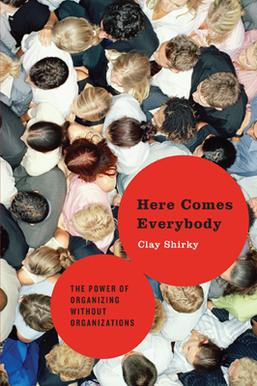SOPA Strike
Saturday, February 11, 2012
Revolutions.
This week we talked a lot about the revolutions of the 18th century, namely the American, French, and Industrial revolutions. Our revolutions did a lot to talk about people and the way they participated in these revolutions. Revolutions have always been so interesting to me. How do revolutions get enough people to participate that it reaches a tipping point and the revolution is successful? How do people individually reach the point of decision to do something, to join the cause, potentially sacrificing everything for the unknown? And how do the individual decisions of so many sum up to the movement as a whole? How do critical key players and moments factor in to each revolution? Every time I study a revolution, tons of questions like these come to mind, with the most critical reflection being: what would I have done I had been there?
With the talks of these three revolutions, and our emphasis on participation, I was surprised we didn't talk about more modern revolutions. The most famous one of these of late was the Egyptian revolution, which is technically still going on. The most famous character in this revolution has been Wael Ghonin, a Google executive who moonlighted as the revolution's leader. He used Facebook and Twitter to organize the rebellion that eventually led to the end of a 30 year regime and Egyptian President Hosni Mubarak stepping down. Ghonin told reporters: "If you want a free society give them Internet access," coining the phrase Revolution 2.0.
Ghonin is not the first person to use social media in recent years to organize a rebellion, and he certainly won't be the last. Clay Shirky's Here Comes Everybody talks extnsively about the rise of citizen journalism, and the voice given to the masses by technology. Syria actually banned the iPhone as a way of trying to suppress reports of its crackdown on protesters going viral on the Internet. Wikipedia links the term "Twitter Revolution" to a variety of revolutions where Twitter and other social media tools were utilized.
We study revolutions, like they are a thing of the past, but revolutions are alive and happening in our day. And people are using the Internet and social media to do them. Since the power and ability to participate has exponentially increased with these tools, so have revolutions. Its not the American Revolution one decade, and the French another, but several revolutions in a few years all taking place because people can finally make themselves heard like never before.
Subscribe to:
Post Comments (Atom)


No comments:
Post a Comment